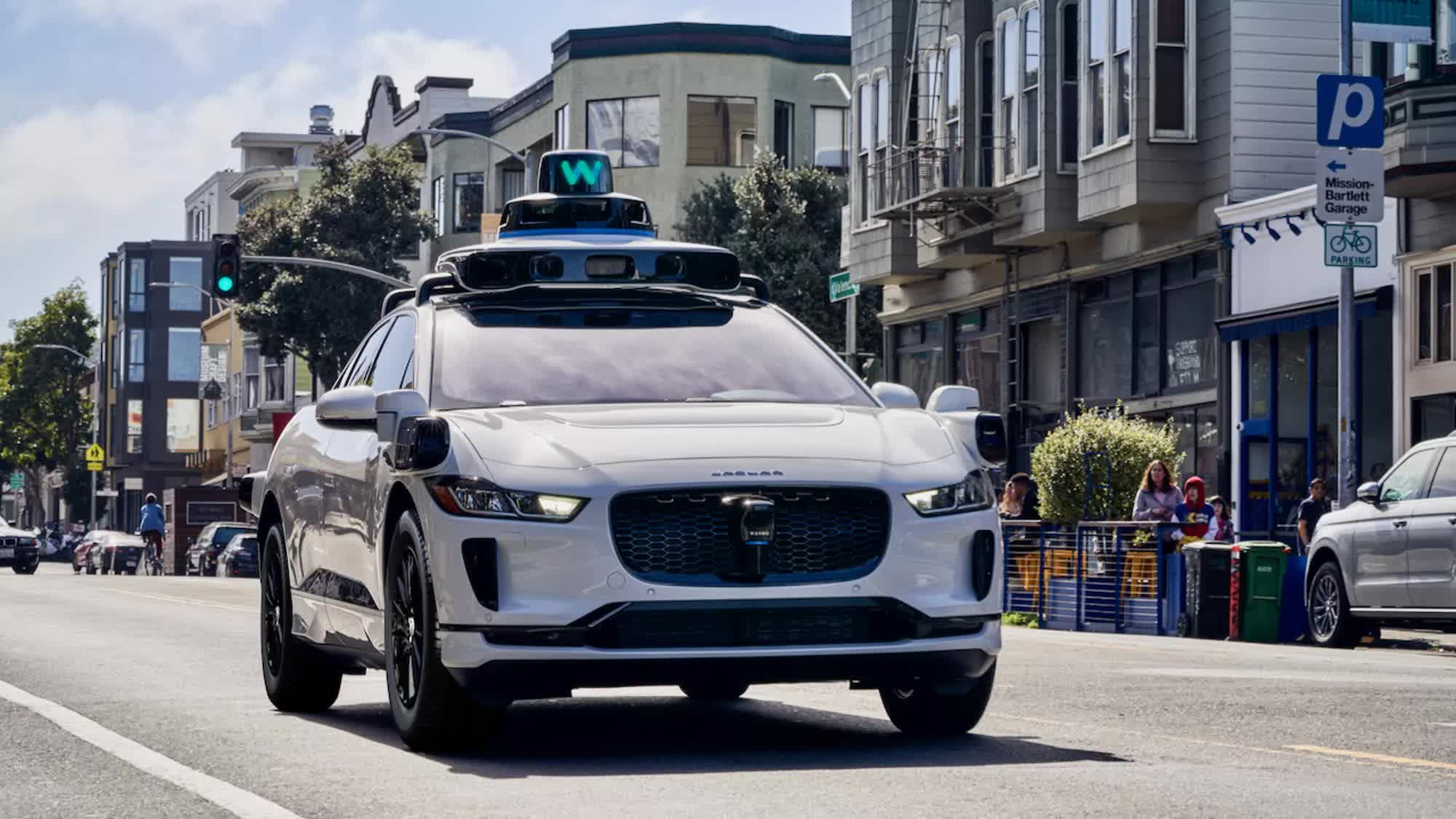Get the latest tech news
What a 160-year-old theory about coal predicts about our self-driving future
When you make something easy to use, people want to do it more.
Cruise, the industry leader whose vehicle was involved in a horrific San Francisco crash last fall, has rebooted under new management, while rival Waymo is expanding to serve broader swaths of the Bay Area and Los Angeles and Tesla is promising a new robotaxi service. Seeking to win over skeptical regulators and members of the public, AV supporters frequently cite the supposed safety benefits from replacing the fallible humans sitting behind the wheel with technology that will never drive drunk, high, or distracted. Both of these supposed benefits are dubious; AVs’ computers may make driving errors that humans would not, and even if they run entirely on electricity, their software, hardware, and sensors require an enormous amount of power that generates its own emissions as it is produced.
Or read this on The Verge

